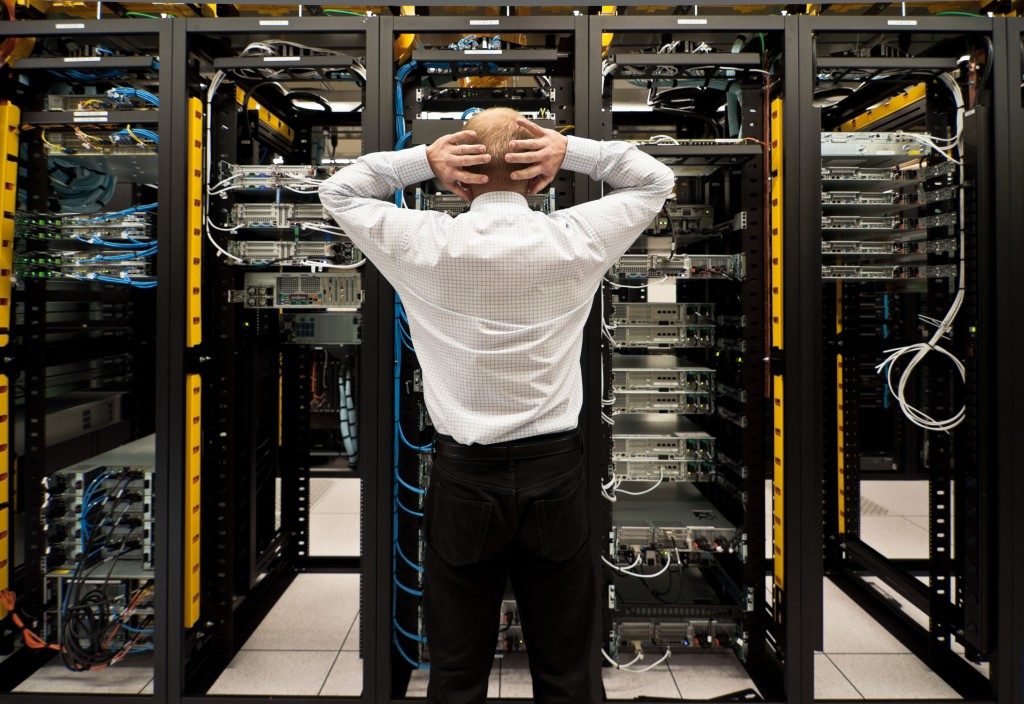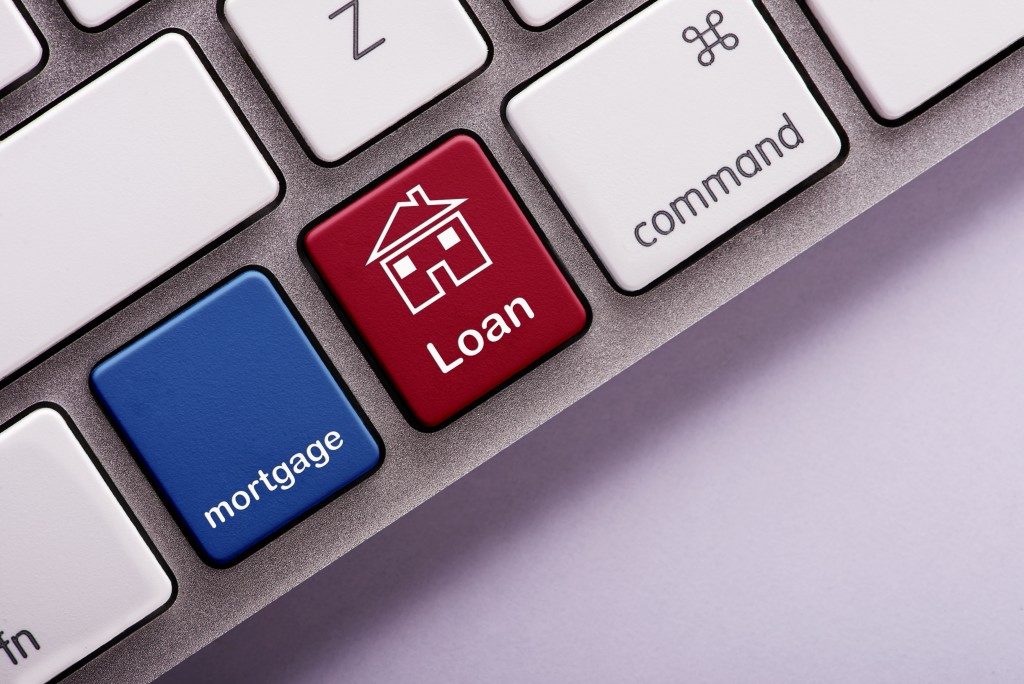Do you know that 40% more U.S. employers offered flexible workplace options in 2019 than in 2014? Today, approximately 4.7 million employees work from home at least half the time. When all that remote workers need are a steady Wi-Fi connection and reliable laptops, these statistics come as no surprise. People who work from the comfort of their own homes are more productive and motivated and enjoy the benefits of saving transportation costs and higher job satisfaction.
But with these powers come significant responsibilities. If you are self-employed or freelancing, you are solely accountable for the security of your data. This article should give you a head start on how to combat cyber threats and keep your data safe while working remotely.
Ensure a Good Cyber Security Plan Is in Place
Start by making sure that all your anti-virus, firewall, and device encryption tools and software are up to date. While updating these tools does not guarantee your device’s total safety, they can at least make the job harder for cyber attack actors.
Back Up Your Files in the Cloud
No matter how high-end your computer, you can’t expect it to run smoothly all the time. Take the extra measure of backing up your files in the cloud so that you won’t lose them in case of hardware failure, theft, or natural disasters. Find a trusted Cloud backup provider that guarantees data security and offers instant recovery should a mishap occur.
Encrypt Email and Messaging Apps
When talking business, it’s typical for employers and remote workers to exchange sensitive data through emails and other communication apps. Encrypting your apps prevents third-party users from viewing and stealing your private information.

Avoid Connecting to Public Wi-Fi
The number one rule for anyone who owns a gadget is to avoid connecting to public Wi-Fi. Public connections pose significant security risks to all users. Without a firewall between you and potential threat actors, your files and information are highly vulnerable to malicious attacks. As an alternative, you can set up a private personal hotspot with your mobile device.
Block the Sight Lines
Banks have warned us time and time again about the importance of blocking the sightlines when keying in our PIN at ATMs. You want to do the same safety measure when working at cafés or any public space. When typing out confidential information, make sure that no one’s standing or sitting near enough to catch a sight of your screen or keyboard.
Maintain a Good Password Hygiene
This cybersecurity rule applies not only to remote workers but to any person who uses the internet. A strong password is a combination of letters, numbers, and characters. It’s also good to enable two-step authentications for an added layer of protection. And although it can be a hassle to keep track of many passwords, assign a unique password for different logins.
Bring a USB Case Wherever You Go
Juice jacking is a digital STD that transfers malware through USB ports to steal your data and hack into your bank accounts. Whether you’re working from the airport, café, or hotel suite, make sure to use a USB case when connecting your phones or laptops to public charging stations. This type of device connects your gadget to power without exposing your data to potential hackers.
Using the Internet does not come without risks, but following these cybersecurity practices goes a long way in protecting the files and private information entrusted to you as a remote worker.




